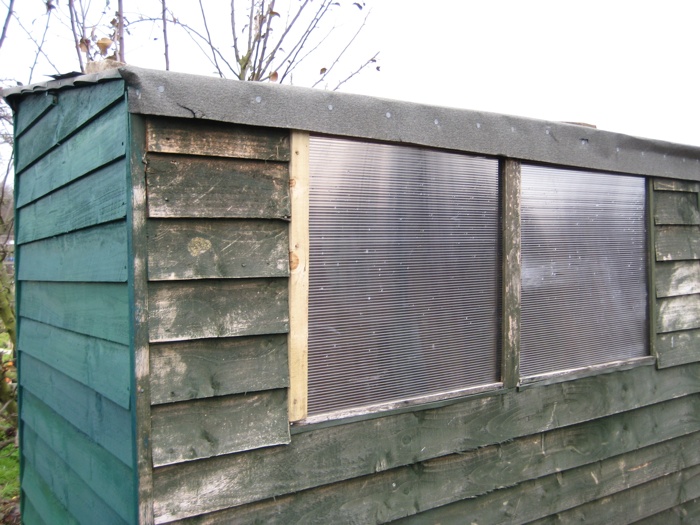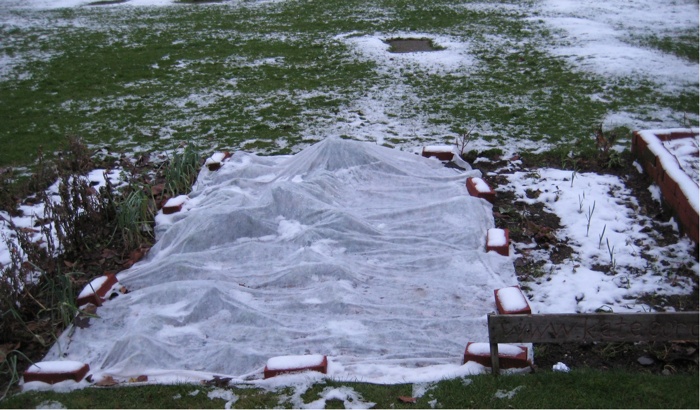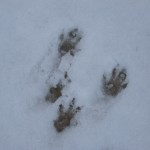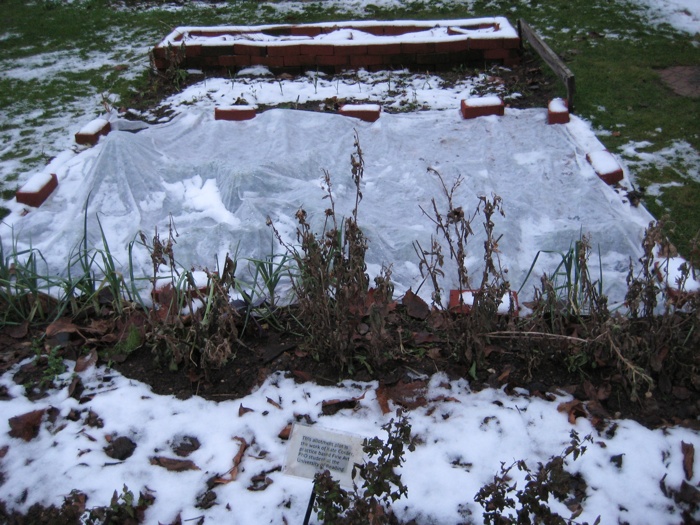Cultivation Field – Postgraduate Symposium – 28th September 2011
Exhibition – 28th September to 6th October 2011
University of Reading
The premise for this Symposium and accompanying Exhibition is that cultivation is leading to new art practices deserving of critical inquiry and articulation. Whether in the garden or allotment, the soup kitchen or the road, on wasteland or the tower block, or wherever there are cracks in the system, cultivation provokes questions about human being’s relation to and encounter with the earth and its growth systems and operations. The purpose of this Symposium and Exhibition is to encourage discursive exchange and productive encounter between art practitioners and researchers within the cultivation field.
Artists and research students are invited to submit 250 word abstracts for the Symposium and/or the Exhibition, accompanied by a short biography or CV. We are interested in proposals for paper presentations, performance (including culinary), film, intervention, sound, installation, or text works, that explore plant-based material, land use, growth, ecosystems, economy, taxonomy, environment, power and chaos in the field of cultivation.
Performances can be arranged in open-air locations on the campus. Individual presentations will be restricted to 20 minutes duration.
Deadline for submission is: 29 July 2011 at 17.00.
Submissions should be addressed to:
Cultivation Field
Department of Art,
University of Reading,
1 Earley Gate,
Whiteknights,
RG6 6AT.
Please include a S.A.E with correct postage if you wish material to be returned to you.
Or by email: cultivationfield@pgr.reading.ac.uk
Email submissions should be no more than 5MB, jpg, doc, docx, or pdf format, or with a link to the web address where work is hosted. Please include all technical requirements in your proposal.
The deadline for registration is: 23 September 2011.
To register for the Symposium please fill in the online form here.
Artist-made plant-based lunch and refreshments will be available.
THE EVENT IS FREE.



